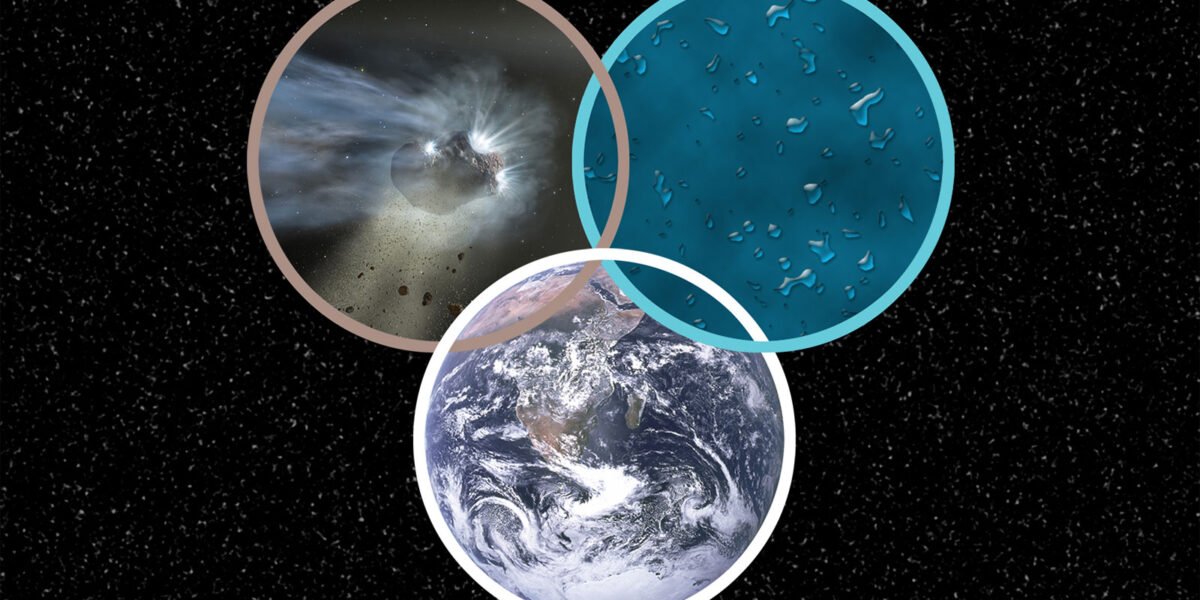WEB DESK: Recent research on Comet 67P/Churyumov-Gerasimenko suggests its water closely resembles Earth’s, reigniting debates about the role of comets in delivering water to our planet.
This challenges earlier findings by the Rosetta mission, which indicated a much higher concentration of deuterium, a hydrogen isotope, in the comet’s water.
Unraveling Earth’s Water Origins
Water is essential for life, but how Earth retained so much liquid water has long been a mystery. While some of Earth’s water likely originated from volcanic activity, scientists have also considered contributions from asteroids and comets.
Read More: WhatsApp to roll out exciting calling features amid holiday season
Jupiter-family comets, like 67P, are believed to hold primitive materials from the early solar system. Previous studies linked their water to Earth’s through deuterium-to-hydrogen (D/H) ratios, which help trace water origins. However, the 2014 Rosetta mission upended this theory. Rosetta detected a deuterium concentration in 67P’s water three times higher than Earth’s, casting doubt on comets as significant water sources.
Dust Effects and New Insights
Using advanced data analysis, NASA researcher Kathleen Mandt and her team revisited Rosetta’s findings. They analyzed over 16,000 measurements taken during Rosetta’s mission, focusing on the dust surrounding the comet. Their study, published in Science Advances, revealed that comet dust influences D/H ratio readings, potentially skewing earlier results.
The team found that water with high deuterium content tends to stick to dust particles. As the comet’s surface warms near the Sun, ice on these dust grains releases into the surrounding gas, making the comet appear to have more deuterium-rich water. However, farther from the comet’s body, the dust loses its water, allowing more accurate measurements.
Mandt’s research suggests 67P’s actual water composition is much closer to Earth’s than previously believed.
Implications for Solar System Studies
These findings could reshape our understanding of how water arrived on Earth and the role of comets in the solar system’s early formation. Mandt emphasized the need to revisit past comet studies and prepare for future missions to account for dust effects.
“This opens up exciting opportunities to refine our knowledge of comet compositions and their contributions to Earth’s water,” Mandt stated.
The study underscores the importance of advanced techniques in uncovering the intricate dynamics of the early solar system and its connection to Earth’s water sources.
















